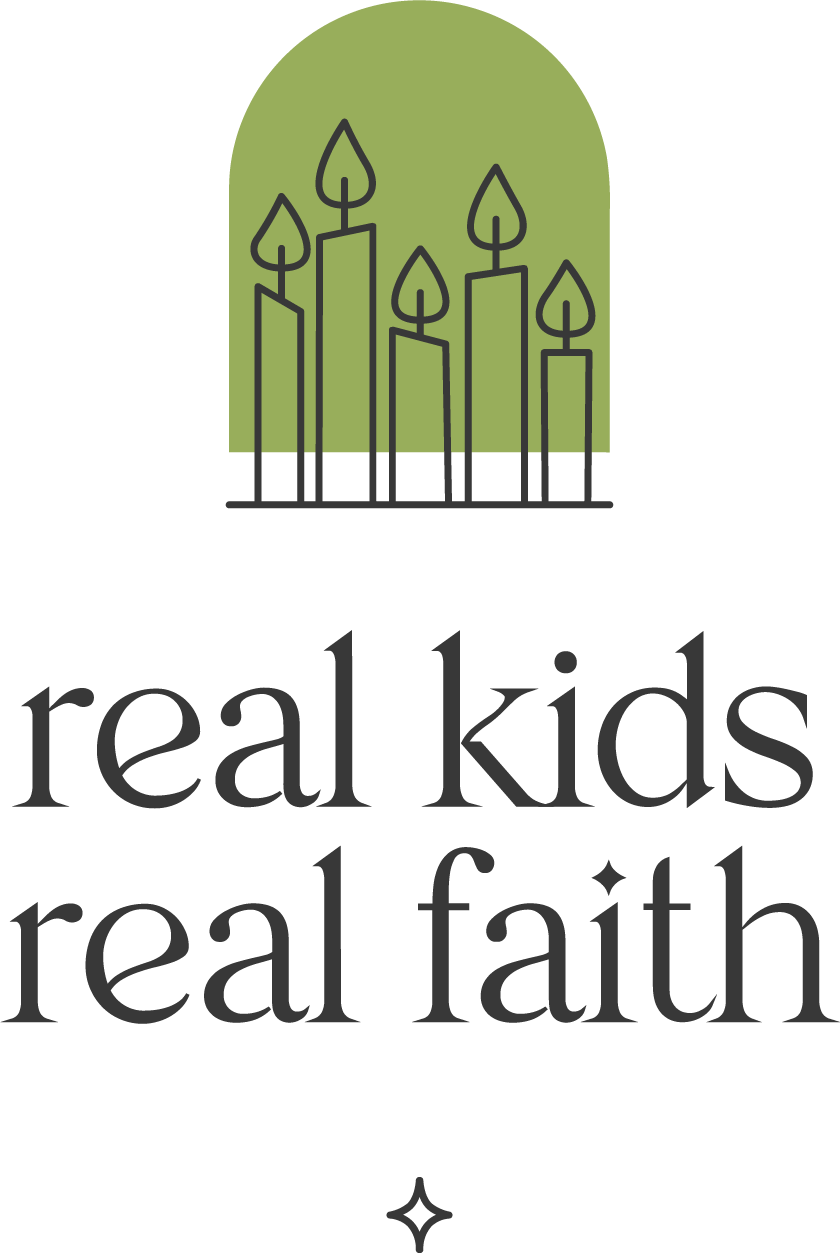Fall brings two major Jewish holidays: Rosh Hashanah (the Jewish New Year) and Yom Kippur (Day of Atonement), which is one of the most important observances in Judaism. On Yom Kippur, participants reflect on their wrong choices and bad actions over the past 12 months so that they might do better in the coming year. Many choose to refrain from eating (fast) while they conduct this self-examination.
To help children understand this Jewish holiday and either participate or acknowledge its significance for others, try one or more of these activities:
I’m sorry. Part of the idea of atonement is that people feel sorry for things they have done in the past that hurt themselves, others, and the earth. Invite children to recall a time that they did something they know was wrong. Ask them who or what was hurt by their words or actions. Then ask: Do you regret [feel bad about] what you did? Explain that regret [feeling bad] is a sign of being sorry. Suggest that they write a short story (3-4 sentences) about what happened and include the words “I’m sorry that I…” as part of their paragraph. [Children who are not yet writing with ease might draw a picture and caption it with the words “I’m sorry”.]
Make it right. Feeling sorry for something one has done is only half of the atonement equation. The other half is doing something to make it right. Sometimes apologizing is enough, but other times more is needed. Invite children to think about the consequences of doing something thoughtless, mean, or hurtful, such as how overuse of disposable plastics harms the earth or calling another child a dorky nickname embarrasses them. Ask: What could you do to fix the harm you have done? How could you make things better? Then support children as they take actions to make it right.
Reimagine the moment. All of us wish we could have a ‘do over’ sometimes, especially when we have spoken or acted without thinking. Another aspect of Yom Kippur is considering ways to change our interactions with others and the earth so we don’t repeat past mistakes. Invite children to think of something they have done for which they would like a ‘do over’.. Ask: If you could go back in time, what would you do differently? How would that change the outcome? [With younger children, ask: What do you wish you had done instead?]
Mirror mistakes with remedies. Sometimes we hurt others because we don’t listen carefully, or we say something hurtful, or we lash out physically. Invite children to reflect on what parts of their bodies were used in doing something wrong. Then encourage them to act out a way they could use those body parts to fix their mistake. For example, if they kicked another child to steal a soccer ball, they might use their feet to walk over to their house and propose a rematch without any deliberate fouls. Or, if they ignored a younger sibling, they might use their ears to listen carefully the next time that sibling wants to share about their day.

Comments